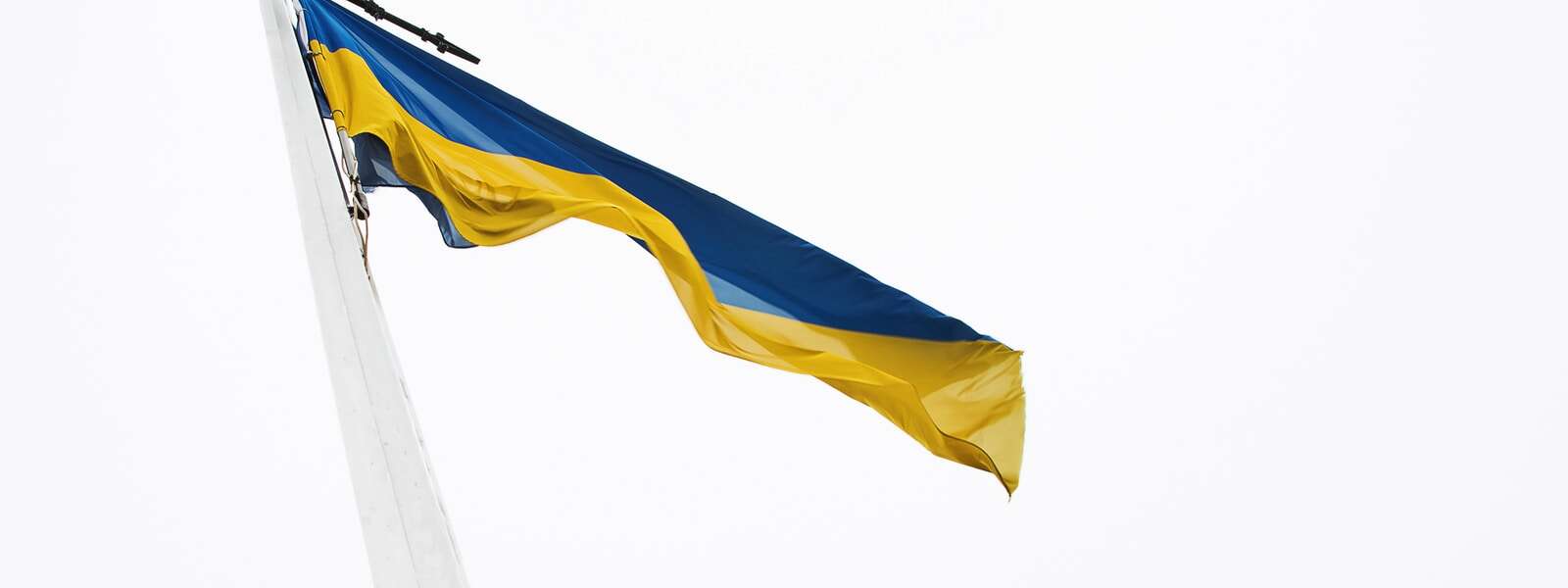While the United Nations High Commissioner for Refugees has announced 1.5 million people have now fled from Ukraine, and the Canadian federal government recently presented plans to bring in an “unlimited number” of refugees, the number of incoming refugees to Canada will likely be comparatively low, says a University of Guelph political scientist.
Dr. Edward Koning said the brunt of the crisis will be felt by Ukraine’s neighbours, and that the number of refugees coming into Canada will be relatively small.
Response to Ukraine’s refugee crisis different than to Syria

“Certainly, some people who are fleeing the conflict will find Canadian shores, possibly because they have family or friends in the country,” Koning said. “And it is true that we have already seen private initiatives and government plans to at least temporarily host Ukrainians here. But the numbers we are talking about pale in comparison to the intake the European Union will face.”
Now two weeks into the crisis in Ukraine, Koning said there is already a “stark difference” in the response to the Ukraine refugee crisis compared to the earlier case of Syrian refugees.
Ukrainians, he says, are being more accepted and welcomed into their places of refuge than Syrian refugees.
Some of these differences can be traced to administrative issues, he explained, noting that Ukrainian nationals do not need a visa to cross EU borders. But much of the difference is about identity as well, he said: some European governments and citizens may feel more affinity with Ukrainians than with Syrians because of shared ethnic and religious background.
Moreover, “it might be easier for some European citizens or governments to identify with the plight of Ukrainians if they see the Putin government as a common enemy.”
Koning recently discussed the refugee topic with Guelph Today. He is available for interviews.
Contact:
Dr. Edward Koning
ekoning@uoguelph.ca
